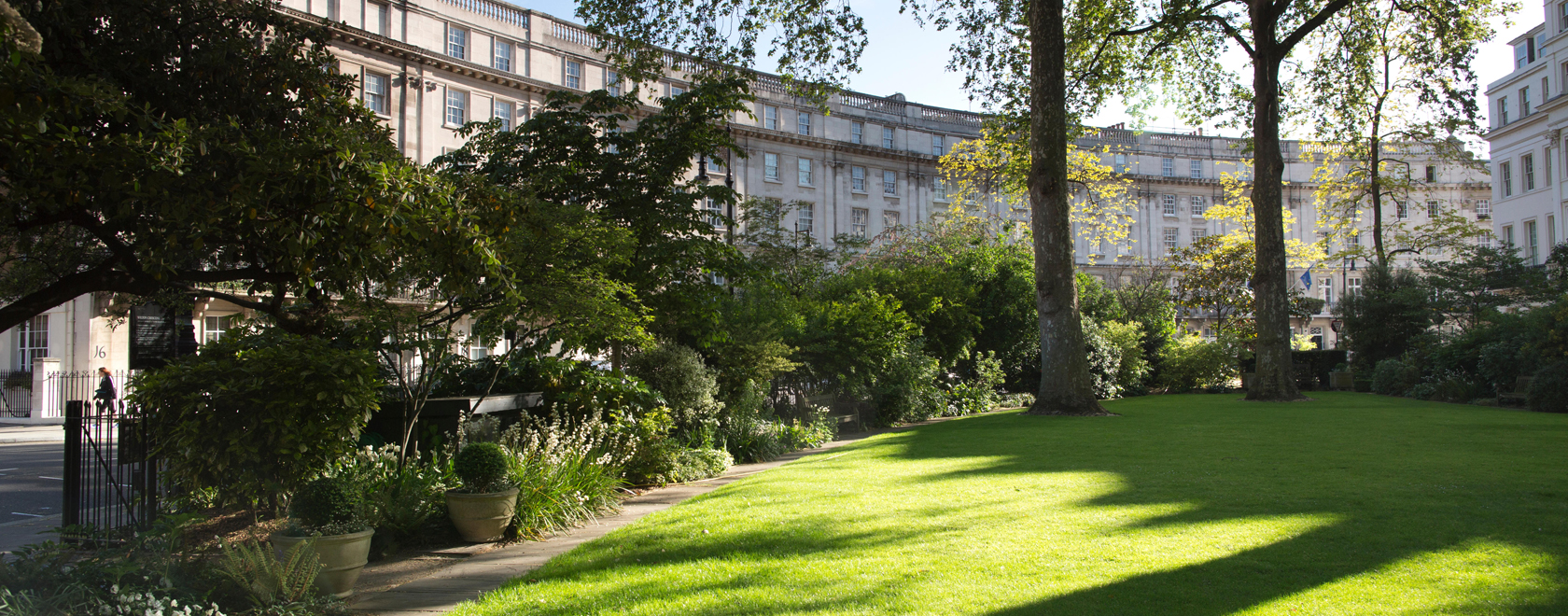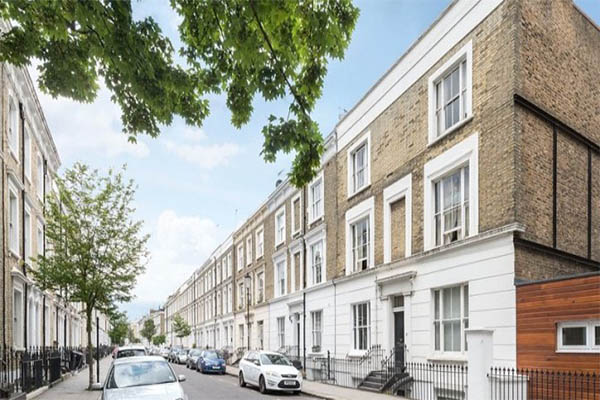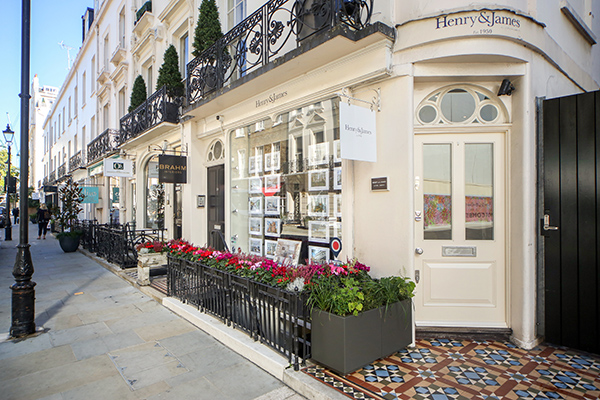Probate properties used to make some buyers slightly twitchy. They envisaged dilapidated houses that had been lived in for years by Miss Havisham. Yet in 2017, that kind of thinking is becoming old-fashioned. In fact, probate properties, which form a significant part of the London property market, can make excellent purchases – provided buyers take a few important principles into consideration.
The first is that the sellers – generally the executors of the deceased’s estate – will want to move with reasonable speed. The property is likely to form a significant portion of the estate, which cannot be wound up until the property is sold. So the executors will typically look to sell within months, not years. Unlike some other sellers, they are not likely to hold out until the price is right or the market rises.
“With probate properties, buyers have a good chance of buying at an attractive price because the pressure may be on the executors to sell sooner rather than later, particularly if individual beneficiaries are in urgent need of the cash,” says Pervaze Ahmed (Head of Residential Real Estate) at London law firm Howard Kennedy (www.howardkennedy.com). “Buyers are also, in my experience, far less likely to be gazumped, on a probate property, as executors tend to behave more honourably than some individual sellers.”
The second is that, before the sale of a probate property can be completed, the executors need to have ‘grant of probate’ – the formal authority to distribute the assets of the deceased. This can sometimes hold up the completion of a sale for a few months.
The third consideration is that the executors may have less detailed knowledge of the property than conventional sellers. They will almost certainly not have lived in the property themselves, so they may be hazy about damp courses, insurance policies or when the boiler was last serviced. If buying a probate property, you should factor in delays while vital documents are tracked down. But importantly remember, it is a sensitive time for most sellers of probate properties, so show extra care, consideration and compassion at this difficult time.
The executors may be unaware of things such as local schools, shops and transport links on which conventional sellers would be a mine of information. However, your agent should be able to update you on the best schools, parks or local amenities in the area.
The fourth is that, in the case of some probate properties, the deceased may have lived there for so long that the property may be in poor decorative order. That is something which executors and agents will take into account when valuing the property – and something you will need to take into account when considering your purchase.
Overall, though, the pluses of buying a probate property outweigh the minuses. In fact, it is a type of property to which a purchaser should pay close attention in their property search.
The government has undergone a consultation regarding fee proposals for grant of probate. The consultation proposed:
- Moving from the current flat fee for the applications for a grant of probate to a banded structure where the fees increase in line with the value of the estate, up to a maximum of £20,000
- Raising the threshold below which no fee is payable from £5,000 to £50,000
- Removing probate fees from the statutory help with fees remissions scheme
Following the consultation, the government has decided to proceed with all the proposals as set out in the consultation; a summary of the responses and details of the reasons for that decision are set out in the consultation response, published here alongside an assessment of the impacts of these proposals and an updated equalities statement.
- Are you thinking of moving in 2017? For advice on letting, buying, selling, or moving, contact Henry & James at 1 Motcomb Street, London SW1X 8JX (020 7235 8861; belgraviaoffice@henryandjames.co.uk).







